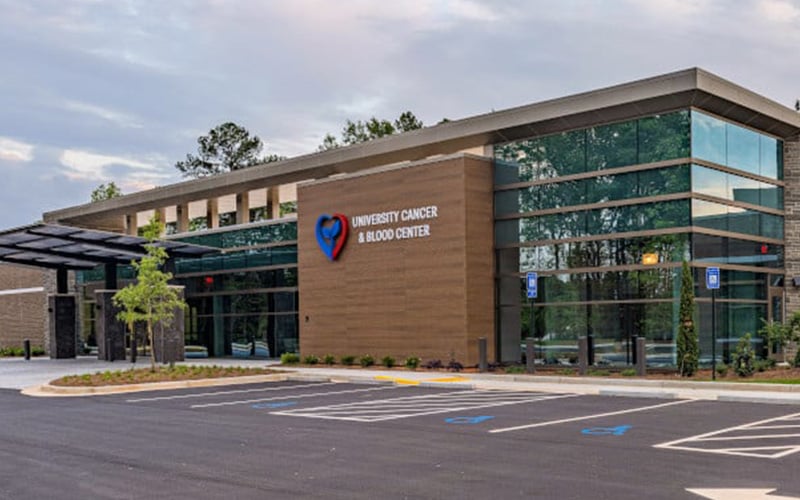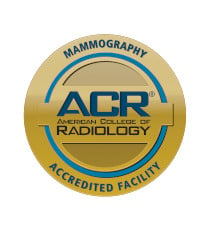Melanoma is a form of skin cancer originating in the pigment-producing cells of the skin, known as melanocytes. If detected early, melanoma can often be treated effectively. However, if left untreated or diagnosed later, it can spread to other body parts and become more challenging to treat. Treatment options for melanoma include surgery, radiation therapy, immunotherapy, targeted therapy, and chemotherapy, depending on the stage and location of the cancer.
Together, University Cancer and Blood Center, ENT of Athens, and Dermatology, we offer a multidisciplinary approach to melanoma treatment. This means a team of specialists from various fields collaborates to provide comprehensive care tailored to each patient’s needs. The team may include:
- Dermatologists – Specialists who assess and diagnose skin conditions, including melanoma.
- Medical Oncologists – Doctors who specialize in treating cancer with medications, including chemotherapy and immunotherapy.
- Surgical Oncologists – Surgeons who specialize in removing tumors and affected tissues.
- Radiation Oncologists – Doctors who use radiation therapy to treat cancer.
- ENT Specialists/ Facial Plastic Surgeons —These specialists may be involved if the melanoma is on the head or neck.
What to Expect at the Melanoma Clinic
- Referral from Dermatologist or Primary Care: If you are diagnosed with melanoma cancer, you will be referred to a surgical oncologist.
- Consultation with a surgeon and/or Medical Oncologist: The Surgical Oncologist or ENT/ Facial Plastic Surgeon will meet with you to discuss potential surgical options, and a consultation with a medical oncologist may be necessary.
- Imaging and Additional Tests: UCBC uniquely offers SPECT imaging to identify lymph nodes, aiding in surgical planning. Imaging studies, such as CT scans, MRI, or PET scans, may be performed to determine the extent of the melanoma cancer and check for any signs of metastasis (the spread of cancer).
- Multidisciplinary Team Approach: The team will discuss your diagnosis and treatment
options. - Patient Appointment: You will then have an appointment with a member of your healthcare team to discuss the treatment plan, including potential surgery and, if necessary, any adjuvant (additional) treatments such as immunotherapy or chemotherapy.
Melanoma Clinic Process
- Referral from Dermatologist or Primary Care
- Assessment of skin lesion or suspicious mole.
- Typically, a skin biopsy is performed, and the patient is notified of the results
- Referral to a surgical oncologist or ENT Facial Plastic Surgery for further evaluation.
- Consultation with a Surgical Oncologist or ENT Facial Plastic Surgery
- Depending on where the melanoma is located on the body
- Consult with ENT Facial Plastics for head and neck involvement
- Consult with Surgical Oncology for involvement with other parts of the body that do not include the head and neck
- Review of diagnosis and surgical evaluation.
- Determine if ancillary testing and specialty evaluation are needed
- Depending on where the melanoma is located on the body
- Consultation with Medical Oncologist (if applicable)
- Review of diagnostic tests and imaging.
- Discussion of medical treatments (chemotherapy, immunotherapy, targeted therapy).
- If melanoma is on the head or neck, SPECT imaging will be performed for precise evaluation.
- Imaging tests (CT, MRI, PET scan) ordered if necessary.
- Multidisciplinary Team Approach
- Review of all diagnostic and imaging information.
- Team discussion to determine the best course of treatment.
- Patient Appointment
- Detailed discussion of treatment options, including surgery.
- Discussion of adjuvant treatments, if necessary.
- Plan for follow-up care and ongoing surveillance.
Our streamlined approach ensures that all aspects of your melanoma diagnosis are carefully considered and that you receive the most comprehensive, personalized care possible.


















